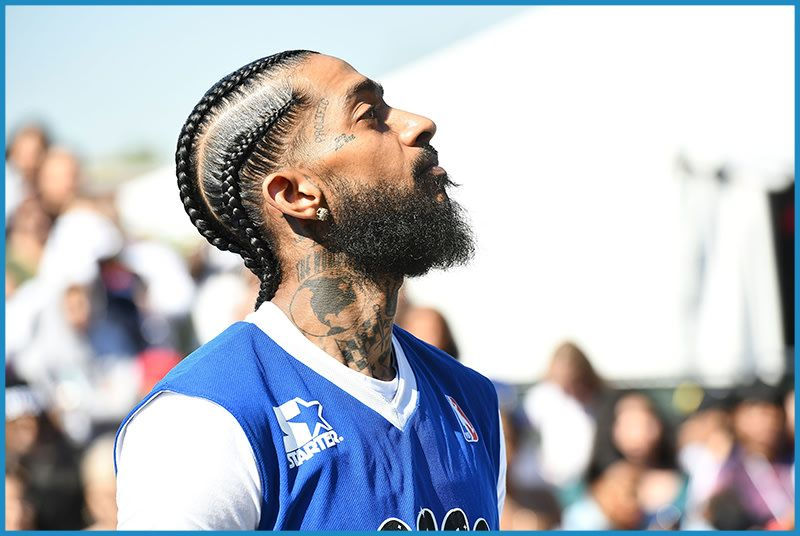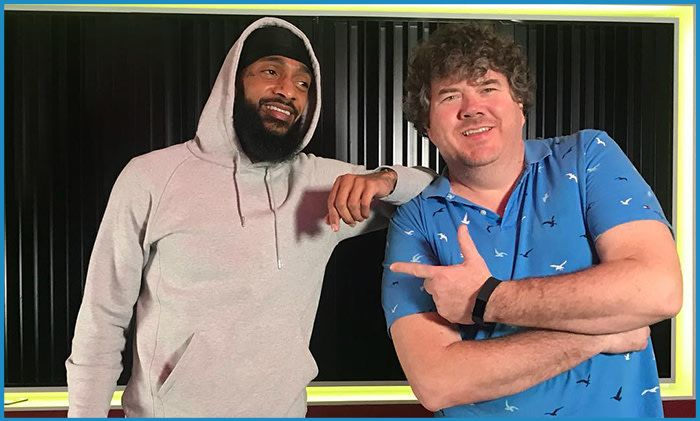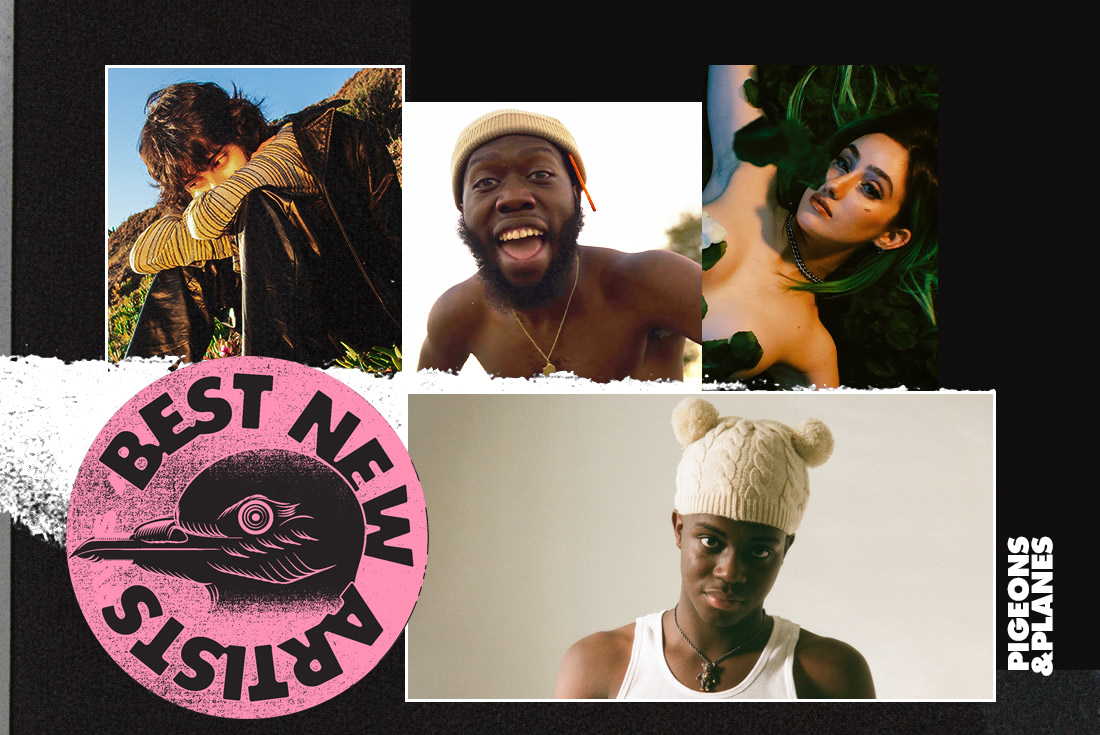|
|
| 5 Things I Learned About Nipsey Hussle
By Rob Kenner
Writing a book is a test of endurance, not unlike running a Marathon. As I sit down to write this article for Pigeons & Planes, it’s just a few minutes before midnight on Monday March 29th. By the time I finish writing this it will be exactly one week since my book The Marathon Don’t Stop: The Life and Times of Nipsey Hussle was published (on March 23, my late mother’s birthday—much love to Mary Anne Kenner).
1. Nipsey Hussle Loved Rap Music, A Lot
The rap industry—particularly the New York gatekeepers and tastemakers—slept on Nipsey for much of his career. To the extent that people were aware of his movement, they held onto a superficial “gangsta rap” cliche. “Nip’s really about that life,” “He’s really in the streets,” etc. etc.
Followers of P&P IG already know the story about an Interscope A&R advising Nipsey that he needed to work on his dance moves. Nip promptly stood up and walked out of the meeting with his mentor Dexter Browne, who had tried to advise him against messing with major labels. He soon recorded a mixtape called Fucc Tha Middleman, which he began passing out by hand in the shopping plaza at Crenshaw and Slauson around 2003—long before the tapes that are available on streaming services today.
Well it’s kinda simple, just remain your own Or you’ll be crazy, sad and alone Industry rule number four thousand and eighty Record company people are Shady
Although Hussle's Bullets Ain’t Got No Name mixtape series was quietly supported by a deal with Epic Records, Nipsey walked away from the label before releasing his highly anticipated album South Central State of Mind and opted instead to release his landmark mixtape The Marathon, which was distributed on his website iHussle.com. After entering your email address, fans would receive an email containing a zip file containing MP3s and a digital booklet designed by Hussle’s loyal business partner Jorge Peniche.
When I sat down with Hussle a few days after the release of his debut album Victory Lap, Atlantic Records publicist Brittany Bell set up the earliest interview appointment I have ever had with any rapper in almost 30 years as a music journalist—9:30 a.m. Our time had to get there early to make sure all of the lights and cameras were set up, and to be honest they were a little bit skeptical about it. “Is he really gonna be on time?” I remember someone asking. I told them to please just be ready, that it would be worth it.
Shortly after the release of his debut album Victory Lap, I asked Nipsey about the line in his song “Dedication” featuring Kendrick Lamar, where he calls himself “Tupac of my generation.” It was a big statement, and he knew it. Our conversation on the topic is contained in the video piece Mass Appeal released shortly after the interview.
My inspiration for writing The Marathon Don’t Stop was the realization that Nipsey Hussle is one of the most important and misunderstood people in hip-hop history. During his amazing career there were very few proper magazine profiles written about him, despite the fact that his inspirational story and visionary business acumen inspired countless people all over the world and literally changed the game.
To cite just one example: people thought his concept of selling physical copies of his Crenshaw mixtape for $100 per CD was crazy. It was a wild idea, especially for music that was available for free download. But Hussle knew that he had build such a powerful connection to his fans that they would be “Proud 2 Pay” for a limited edition disc and access to a VIP-only live performance—and his gamble paid off. Jay-Z was among the customers who supported his first pop up, wiring $10,000 for 100 CDs. Once Hova tapped in the whole world began to believe. And of course today pop stars like Justin Bieber and Taylor Swift use the concept of selling “bundles” as a way to market their music and concert tickets—taking a page straight out of Nipsey’s playbook.
You’re reading this article on March 31, a tragic anniversary. If you’re looking for some kinda hip-hop cops whodunnit, look somewhere else. My book does not focus on the atrocity that took place in the parking lot at Slauson and Crenshaw two years ago today. There are plenty of websites and YouTube videos filled with theories trying to explain Hussle’s murder, or assassination, but none of that is going to bring Nipsey Hussle back. While I do break down what happened in one chapter of the book, the true purpose of The Marathon Don’t Stop is to extend his legacy, to pass on the game that he shared with anyone who was prepared to listen as they ran their own marathon.
Long Live Nipsey Hussle. |
|
| |
|
|
| Our Best New Artists lineups always highlight a range of sounds and styles, but this month’s group is especially interesting in how unique each trajectory is. A couple of the artists on this list are already going viral on TikTok and stacking millions of streams, others have been steadily growing for years, and some are just starting to pick up after a couple of releases.
This month features breakout rappers like SoFaygo and SSGKobe, some timeless indie rock, a few brand new names, and much more. |
| |
|
| © 2021 Complex Media Inc. All rights reserved. |
|





